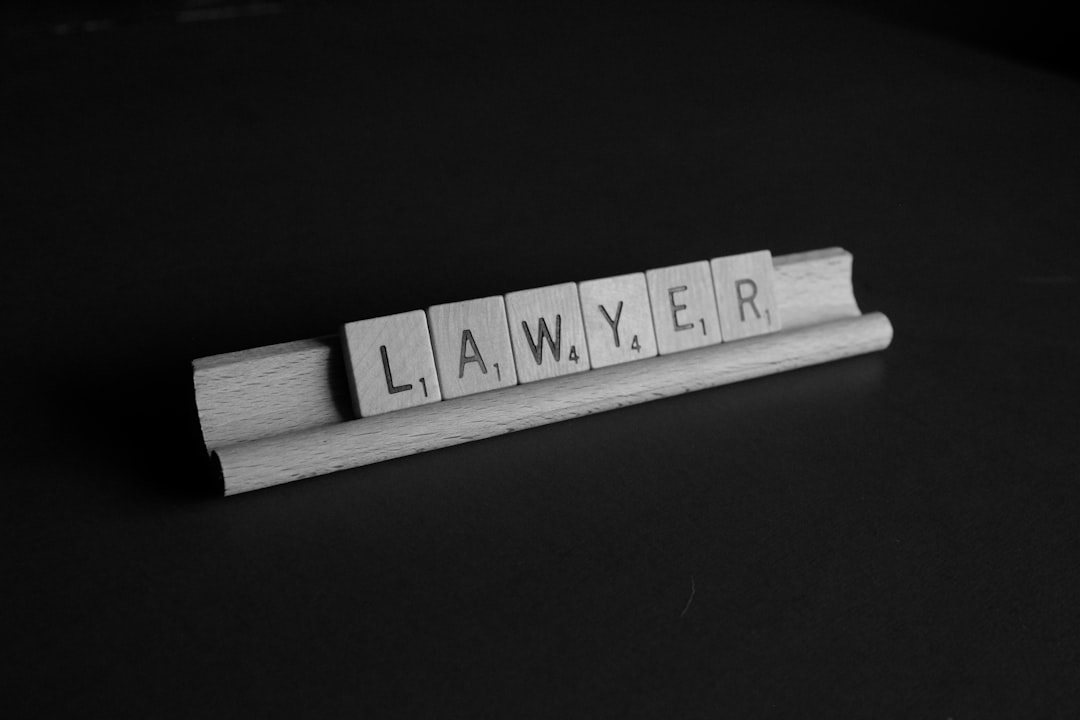Understanding Virginia's debt collection laws is crucial for fair debt recovery processes, protecting debtors from harassment by creditors and debt collectors. These strict regulations, outlined in the Virginia Debt Collection Act (VDCA), govern contact timing, frequency, and behavior, promoting transparency and respect. Debtors have rights, including documentation of interactions and legal recourse against violations, while collectors must adhere to specific rules to avoid penalties. Familiarizing yourself with these laws is essential for both parties to ensure compliance and a peaceful resolution.
Navigating the complex world of debt collection can be overwhelming, especially in Virginia. Understanding the state’s debt collection harassment laws is crucial for both debtors and creditors alike. This comprehensive guide delves into the regulations that govern debt collectors in Virginia, clarifying who they target, what behaviors are off-limits, and the rights held by debtors. We’ll also explore what steps to take if you believe your rights have been violated, ensuring you’re equipped with knowledge in this intricate landscape of consumer protection.
Understanding Debt Collection Harassment Laws in Virginia

Understanding Debt Collection Harassment Laws in Virginia is crucial for both debtors and creditors alike. In the state, debt collectors are governed by strict regulations to ensure fair practices. The Virginia Debt Collection Act (VDCA) outlines the rights and responsibilities of debt collectors, aiming to protect consumers from abusive or false collection methods.
Debt collector laws in Virginia prohibit harassment, including repeated calls, threatening language, or using deceitful tactics to extract payments. Collectors must adhere to specific rules regarding the timing and frequency of contacts, ensuring debtors’ peaceful enjoyment. Violations of these laws can lead to legal action, with debtors entitled to damages and the cessation of further harassment.
Who Is Regulated Under These Laws?

Under Virginia’s debt collection harassment laws, various entities are subject to regulation in their interactions with consumers. Primarily, these laws apply to debt collectors, which include individuals or companies hired by creditors to retrieve outstanding debts. This can encompass a wide range of entities, from small-time collection agencies to large, national debt buying companies.
The regulations also extend to creditors who directly engage in debt collection activities. Creditors are typically defined as those who originally extend credit to consumers and, upon default, may choose to collect the debt themselves or hire a third party. Understanding who is regulated under these laws is crucial for both debtors and debt collectors alike, as it ensures fair practices and protects consumer rights within the state of Virginia.
What Behaviors Are Prohibited?

Debt collection harassment laws in Virginia strictly regulate the behaviors of debt collectors to protect consumers from abusive practices. Under these laws, debt collectors are prohibited from engaging in any conduct that is false, deceptive, or misleading. This includes making threatening statements, using abusive or obnoxious language, or attempting to intimidate or coerce individuals into making payments.
Additionally, debt collectors cannot call consumers at unreasonable times or places, such as before 8 a.m. or after 9 p.m., or when the recipient is clearly unavailable or refuses to engage in communication. They are also banned from using automated dialing equipment or pre-recorded messages without prior consent. These restrictions aim to ensure that debt collection practices are fair, transparent, and respectful of consumers’ rights under Virginia’s debt collector laws.
Rights of Debtors and Enforcement Mechanisms

In Virginia, the debt collection process is regulated by state laws designed to protect debtors’ rights and prevent harassment. According to the Virginia Debt Collection Act (VDCA), consumers have the right to fair and honest treatment when dealing with debt collectors. This includes the right to know the identity of the collector, the amount and nature of the debt, and the availability of dispute resolution mechanisms. Debtors can also restrict communications from collectors to specific times and through specific means, such as requiring all contact to be in writing.
Enforcement mechanisms are in place to deter abusive collection practices. The VDCA allows consumers to sue for damages if they believe their rights have been violated. These damages can include actual financial losses, emotional distress, and attorney fees. Additionally, the Federal Trade Commission (FTC) and state attorneys general’s offices actively monitor debt collection activities, investigating complaints of harassment and unfair practices. Debt collectors found to violate these laws can face significant penalties, including fines and legal judgments against them.
Steps to Take If You Believe Your Rights Have Been Violated

If you believe your rights have been violated by a debt collector in Virginia, there are several steps you can take to protect yourself and assert your legal rights. Firstly, document all interactions with the debt collector. Keep a record of every phone call, letter, or email received, including dates, times, and details discussed. This documentation will be crucial if you decide to file a complaint.
Next, review Virginia’s debt collection harassment laws to understand your rights. In Virginia, debt collectors are subject to state and federal regulations that protect consumers from abusive practices. Familiarize yourself with the Fair Debt Collection Practices Act (FDCPA) and the Virginia Debt Collection Act for specific guidelines on permissible collection activities. If you identify instances of harassment or unfair treatment, consider reaching out to the Federal Trade Commission (FTC) or consulting with a legal professional to discuss your options and potential legal recourse.






